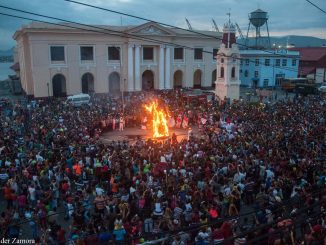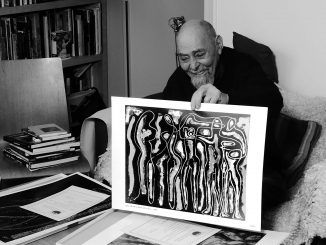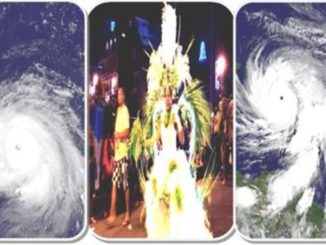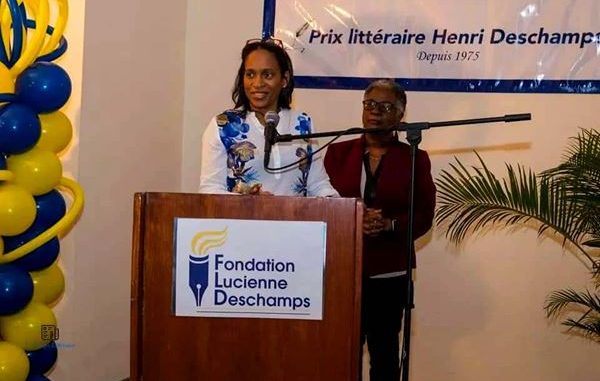
Article written by Phew Laroc (winner of the 33rd “Prix du Jeune Écrivain de Langue Française”) in Port-au-Prince, Haiti
History has its share of murdered poets. We think of Federico Garcia Lorca, Roque Dalton and, in the Haitian context, Jacques Roche who was killed in 2005, four days after his kidnapping and a few days before his birthday… On Monday evening, June 15, Farah-Martine Lhérisson was added to the list.
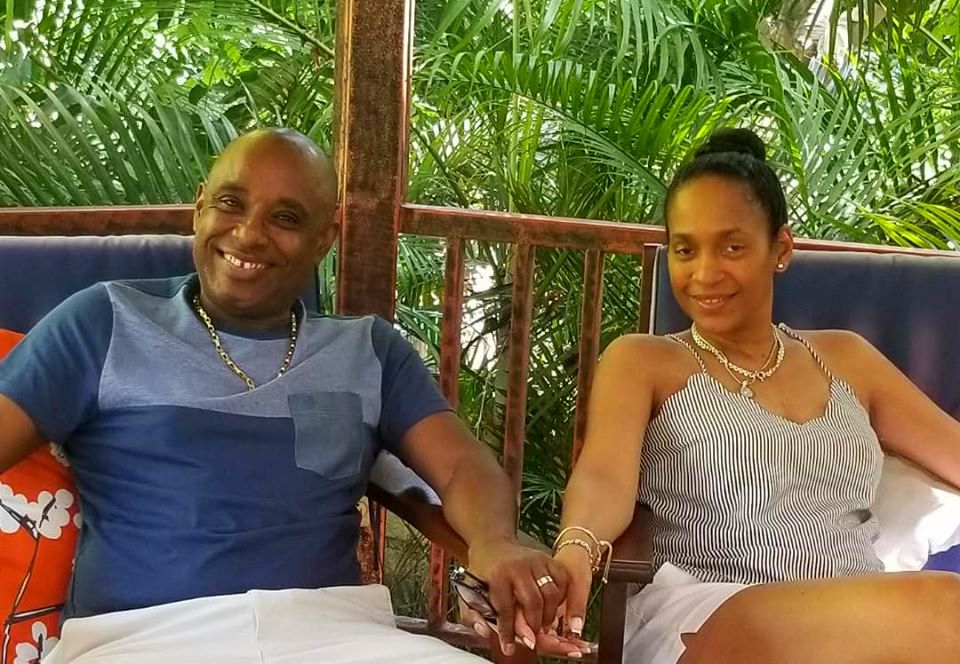
Just a few days after Livres en Folie, the most popular book fair in Haiti, reduced this year to its simplest virtual expression, due to the coronavirus pandemic, Haitian literature is plunged into mourning. The tragedy took place in Péguy-ville. At around 8 p.m., two individuals wearing masks, guns in hand, stormed into the home of Farah-Martine Lhérisson (49 years old) and her husband Lavoisier Lamothe (56 years old), seriously injured their guardian before opening fire on the couple, in front of their son Laurent Lamothe (12 years old) and two maids. Shot in the neck and chest, the poetess would have died instantly, while her husband, in a final burst, just had the strength to drag himself to the bathroom.
Although Farah-Martine Lhérisson, author of a unique collection of poems “Itinéraire zéro” at the age of 25, was discreet on the Haitian literary scene, she nevertheless remained one of the major figures of its contemporary poetry. “Itinéraire zéro”, published in 1995, had indeed received the honours of criticism and recognition from professionals in the Haitian literary community. Writers such as Haitian-Quebecer academician Rodney St-Éloi (of the Académie des lettres du Québec) and the demanding Lyonel Trouillot praised the poetess’ work. In an article in tribute to the deceased, Haitian critic Wébert Charles recognized that “this unique collection of poems by the author, filled with strong images, written in a style that is both smooth and wild, has won over the new generation of Haitian poets of the 2000s, and even post-earthquake”.

A “woman full of life and projects”
This assassination and the violence with which it was carried out particularly shocked the Haitian literary community and professionals in the field of education. Farah-Martine Lhérisson was a professor of belles lettres and a graduate in school administration, she was also director of the St Léonard’s secondary school in the town of Delmas. The Ministry of Culture and Communication and the Ministry of Education both strongly condemned this assassination and asked the judicial authorities to shed light on this “heinous crime”.
On the side of the literary people, the writer Évains Wêche who is like her a member o the Deschamps literary Prize, remembered a “woman full of life and projects”, while the poet André Fouad mourned the death of the one who was still “a promise”. The PEN Haïti centre, in an information note signed by its president, writer Kettly Mars, did note hide its “dismay and pain” at the death of an author who, with a single collection, was “consecrated as a poetess among poets”.
These verses by Farah-Martine Lhérisson are featured on the Facebook page of the writers’ association :
“Et puis il y a ces draps
qui font glisser
mes souvenirs
cette lampe de chevet s’en va mais… reviens
je la veux l’image du tableau d’en face
je la porterai en écharpe
elles se sont perdues mes croisières”.
(And then there are these sheets that drag my memories, this bedside lamp goes away but… come back, I want it the image in the painting on the opposite side, I’ll wear it as a scarf, they got lost my cruises).

